Also attending were: Party Central Committee member, Deputy Chief of the General Staff of the Vietnam People's Army Nguyen Quang Ngoc; Deputy Chairmen and members of the National Defense, Security and Foreign Affairs Committee; representatives of the Ministry of National Defense, the Ministry of Public Security and relevant ministries and branches.
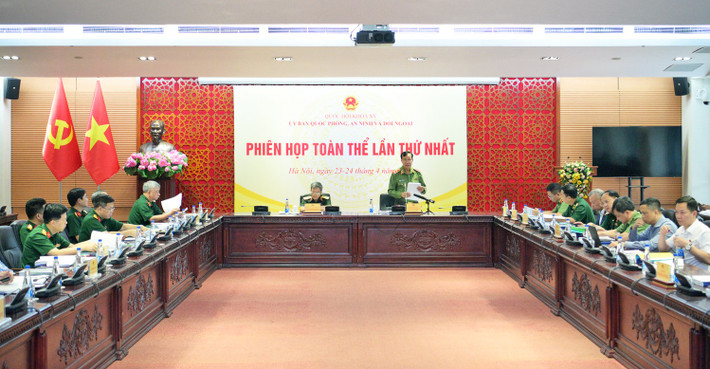
In his opening speech, Chairman of the National Defense, Security and Foreign Affairs Committee Le Tan Toi said that at this session, the Committee will examine the following draft laws: Law on State of Emergency; Law on Participation in United Nations Peacekeeping Forces; and Law on Personal Data Protection.
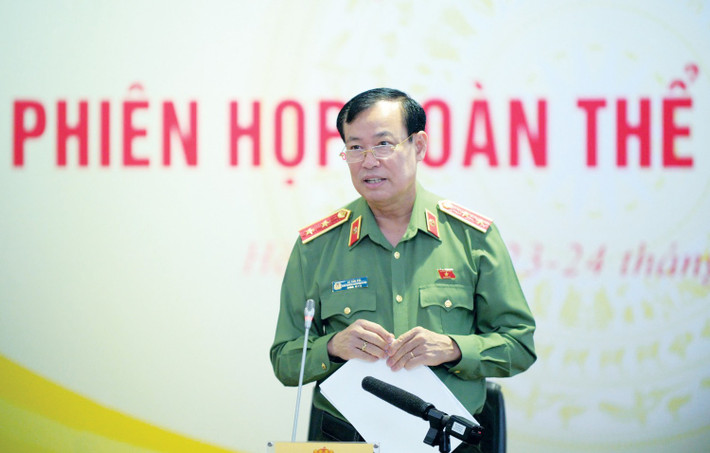
Regarding the draft Law on State of Emergency, the Chairman of the Committee on National Defense, Security and Foreign Affairs said that to serve the process of reviewing the draft Law, the Standing Committee of the Committee issued Survey Plan No. 114/KH-UBQPANDN15 and conducted surveys and work at a number of units so that National Assembly deputies have more information during the process of researching and giving opinions on the draft Law.
With a serious and responsible working spirit, the Chairman of the National Defense, Security and Foreign Affairs Committee hopes that delegates will actively and frankly give their opinions on the Submission and the content of the draft Law so that the Committee can complete the Verification Report.
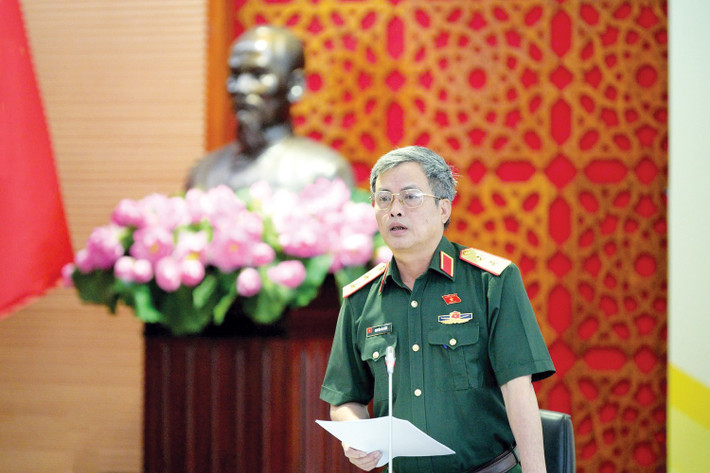
According to the Proposal for the Law on State of Emergency, the promulgation of the Law aims to ensure unity, synchronization and enhance the effectiveness and efficiency of the legal system on state of emergency; create a legal basis for law enforcement to enhance proactiveness in responding to and promptly and effectively overcoming emergency situations, contributing to protecting the State and the People, and the legitimate rights and interests of organizations and individuals.
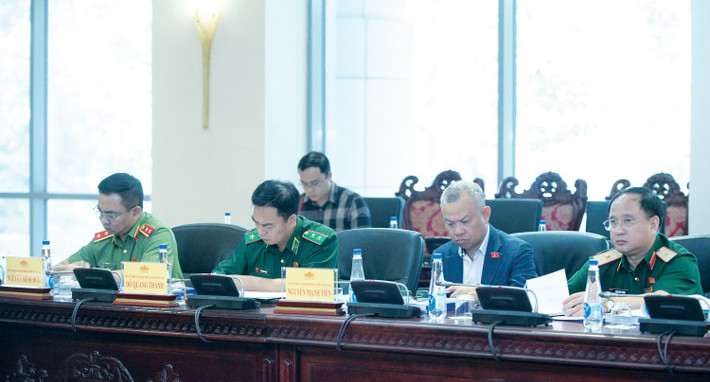
The Draft Law consists of 6 Chapters and 42 Articles, stipulating the principles, order, procedures, and authority to declare, announce, and abolish a state of emergency; measures to be applied in a state of emergency; organization of implementation of Resolutions to declare and Orders to declare a state of emergency; responsibilities of agencies, organizations, and individuals in a state of emergency.
The Draft Law has specified two policies approved during the proposal phase of the Law project, including: Policy 1: Measures applied in the State of Emergency, authority to organize, direct, operate and decide to apply special measures of some subjects in the state of emergency. Policy 2: Measures to support businesses; relief, support for people to respond during and after the state of emergency.
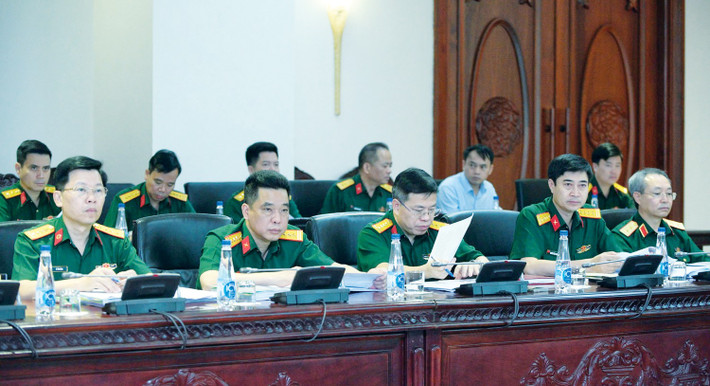
The majority of opinions of the Committee on National Defense, Security and Foreign Affairs agreed to promulgate the draft Law on State of Emergency to institutionalize the Party's guidelines and policies on perfecting the system of legal documents on disaster prevention, response, incident response, rescue, and overcoming the consequences of natural disasters and epidemics. At the same time, handle urgent situations related to military , national defense, security, social order and safety; be ready to effectively respond to traditional and non-traditional security challenges, meeting the requirements of building and protecting the Fatherland in the new situation.
Regarding the name and scope of the draft Law, some opinions say that this Law focuses on regulations on the order and procedures for declaring, announcing, and abolishing a state of emergency and measures applied in a state of emergency. Therefore, it is recommended to review regulations on determining a state of emergency, authority, and measures applied in a state of emergency so that these contents are not specified in the draft Law.
Many opinions agree on the principles of operation in a state of emergency (Article 3), but some opinions say that the principles do not reflect the specificity of a state of emergency. Therefore, it is proposed to study and supplement the principles: "Increasing the authority to direct and operate for state administrative agencies to ensure proactiveness and flexibility in responding, preventing and overcoming consequences in a state of emergency" and "Prioritizing all resources for the enforcement force and implementing measures in a state of emergency".
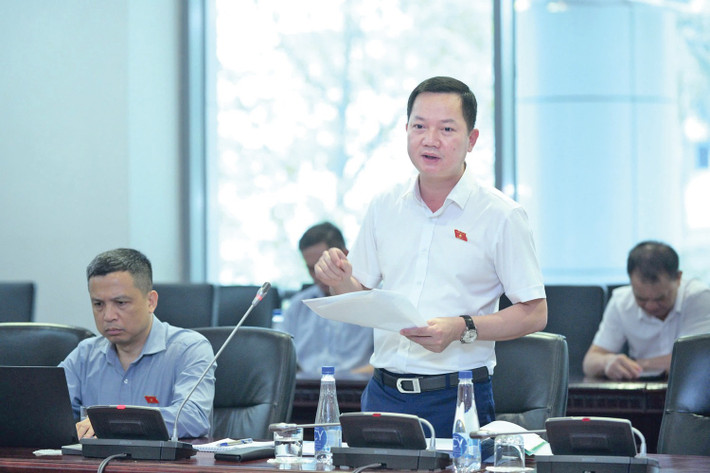
Regarding the enforcement force in a state of emergency (Article 31), the majority of opinions believe that in a state of emergency, determining the enforcement force is very important. In principle, the building and organization of the force is the responsibility of the Government and ministries, branches and localities.
However, through studying international experience, surveying practices and reviewing relevant laws, some opinions suggest that it is necessary to determine principles for organizing forces in the direction of having specialized forces, part-time forces and broad forces in implementing the state of emergency.
It is argued that, in order to ensure readiness for response and recovery in an emergency, it is necessary to stipulate specialized or part-time forces corresponding to each type of emergency. In addition to the forces stipulated in the draft Law, there are also other forces such as: forces for preventing and fighting infectious diseases; shock forces for preventing and fighting natural disasters at the commune level. At the same time, it is necessary to supplement regulations on training, coaching, drills and regular regimes and policies for subjects to ensure readiness to perform tasks when situations arise.
In addition, it is recommended to study and supplement the principled provisions on the Steering Committee and the Emergency Command Committee in this draft Law corresponding to the provisions on types of emergencies and the provisions on agencies in charge of handling emergencies in specialized Laws...
Concluding the meeting, Deputy Chairman of the National Defense, Security and Foreign Affairs Committee Nguyen Hai Hung requested that the Drafting Committee fully absorb the opinions of the delegates at the meeting, complete the draft Law dossier and submit it to the National Assembly Standing Committee for comments before submitting it to the National Assembly.
Source: https://daibieunhandan.vn/uy-ban-quoc-phong-an-ninh-va-doi-ngoai-hop-phien-toan-the-thu-nhat-post411138.html


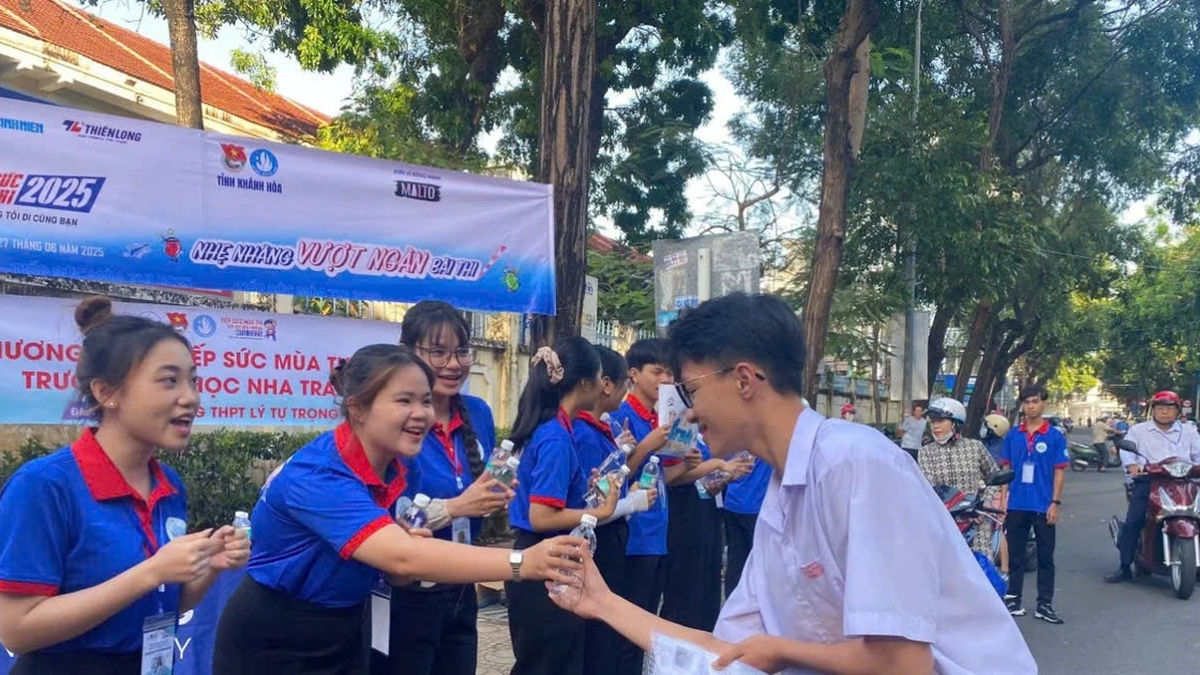


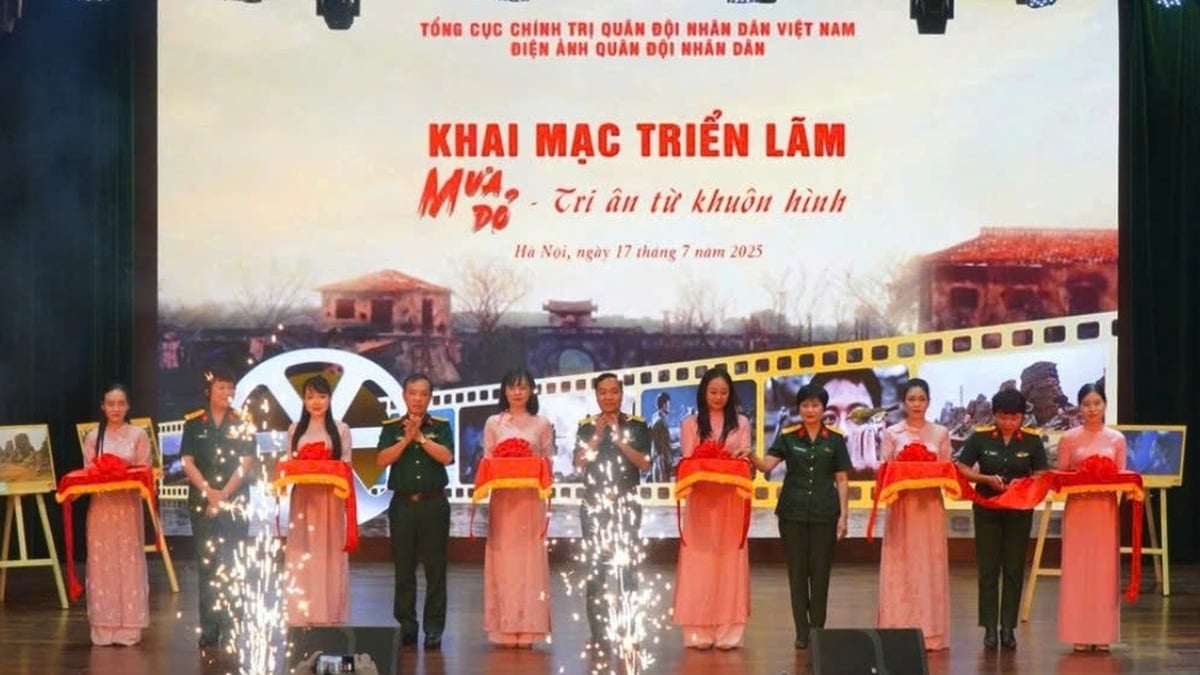

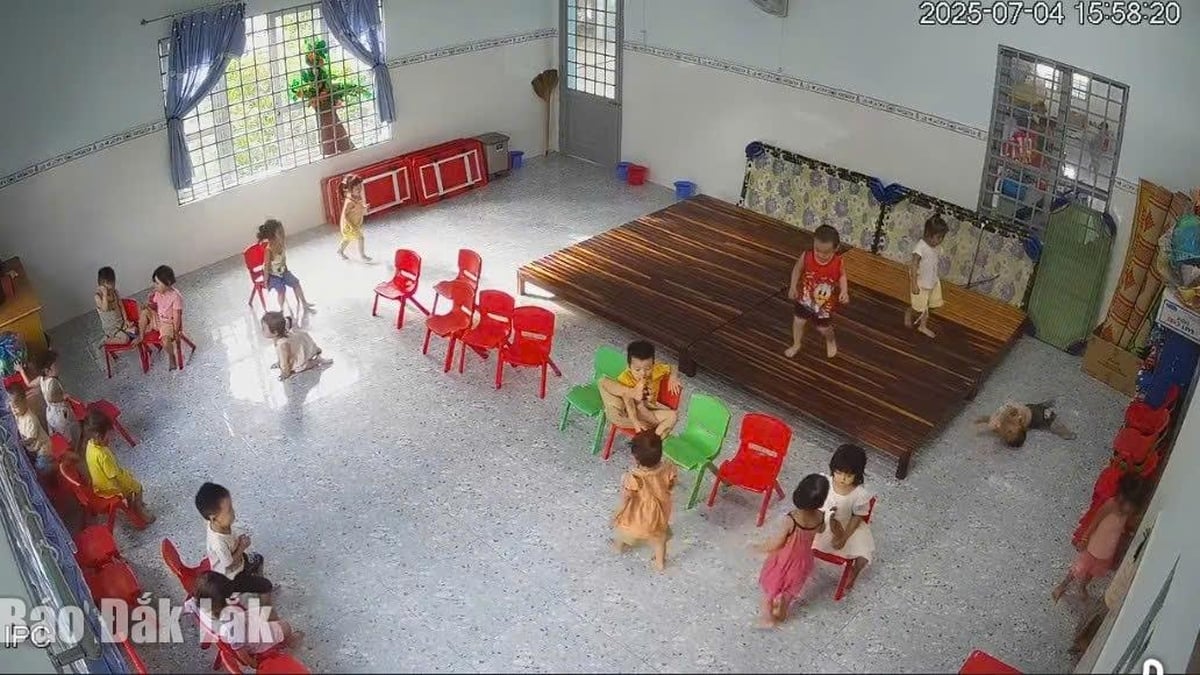
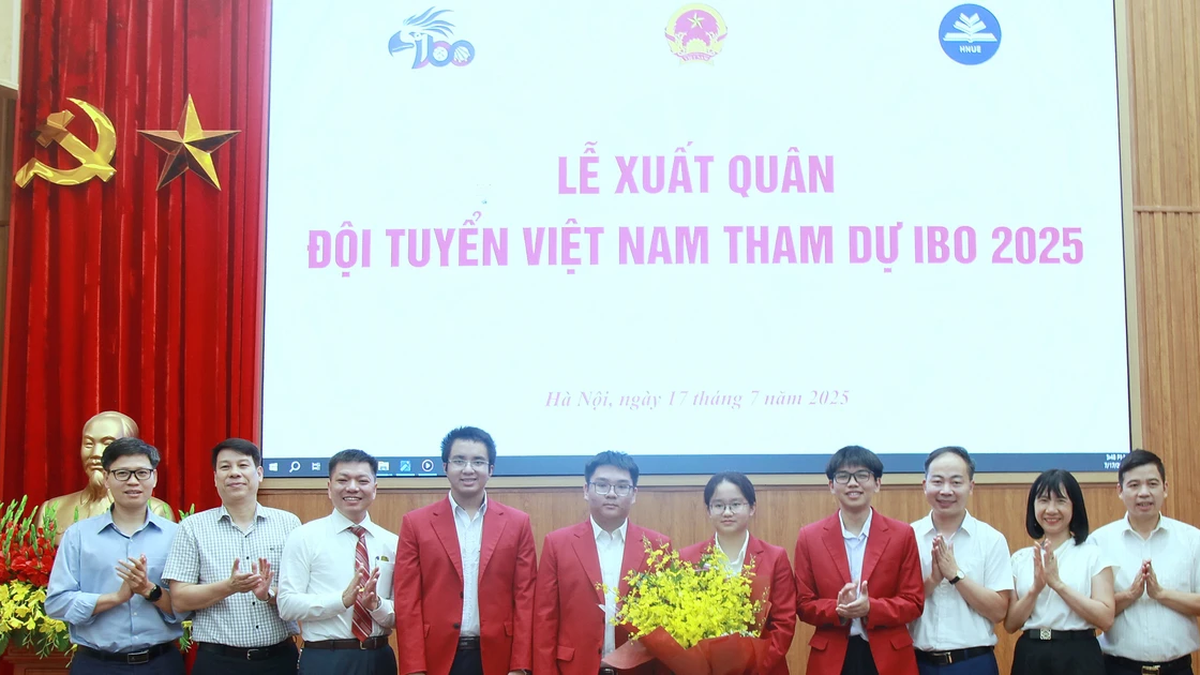

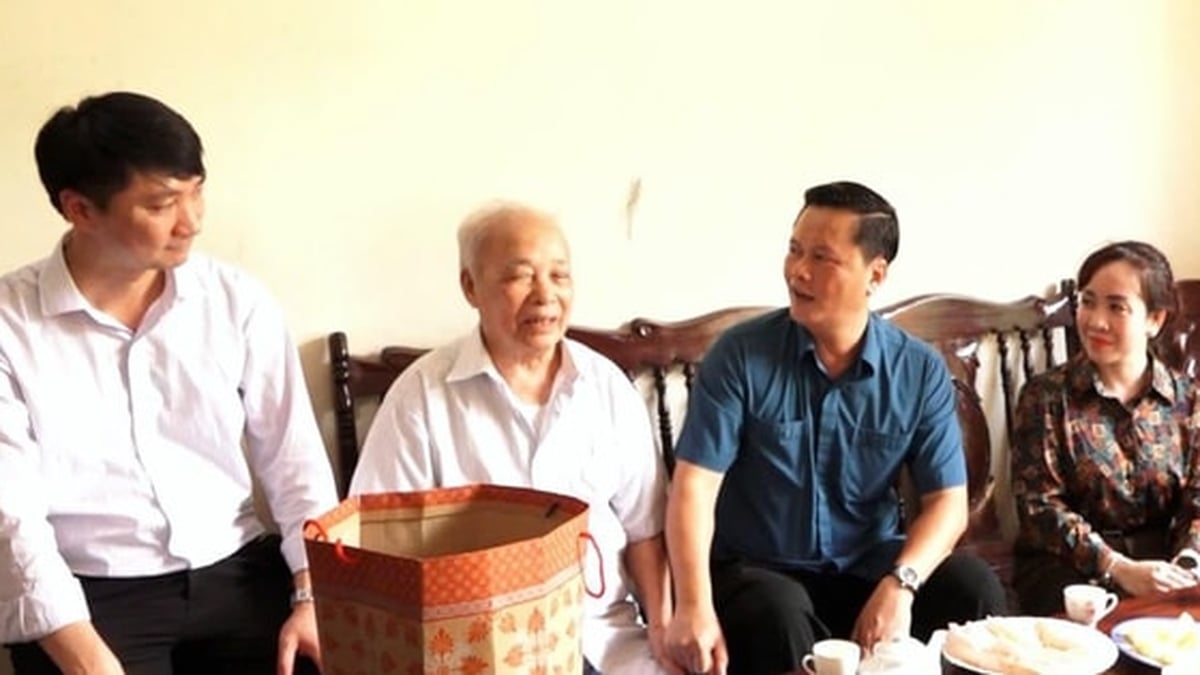
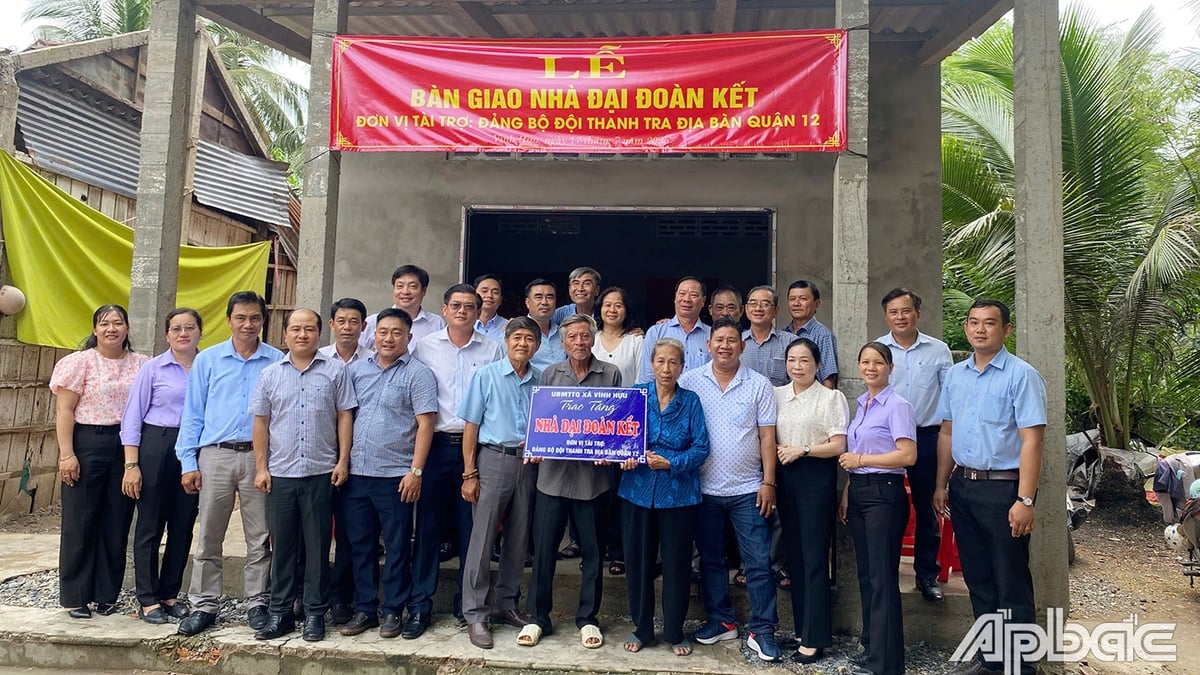

























































































Comment (0)